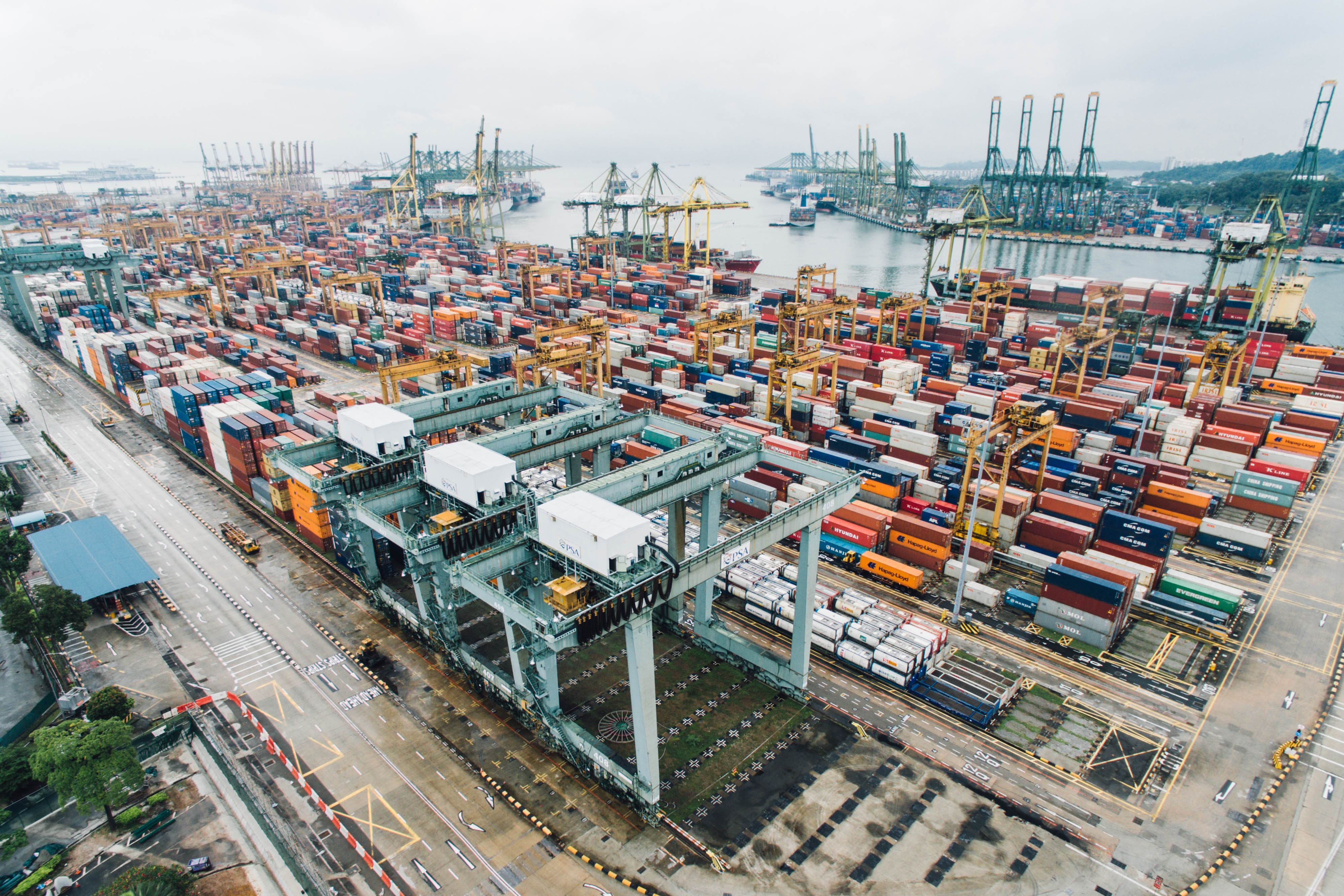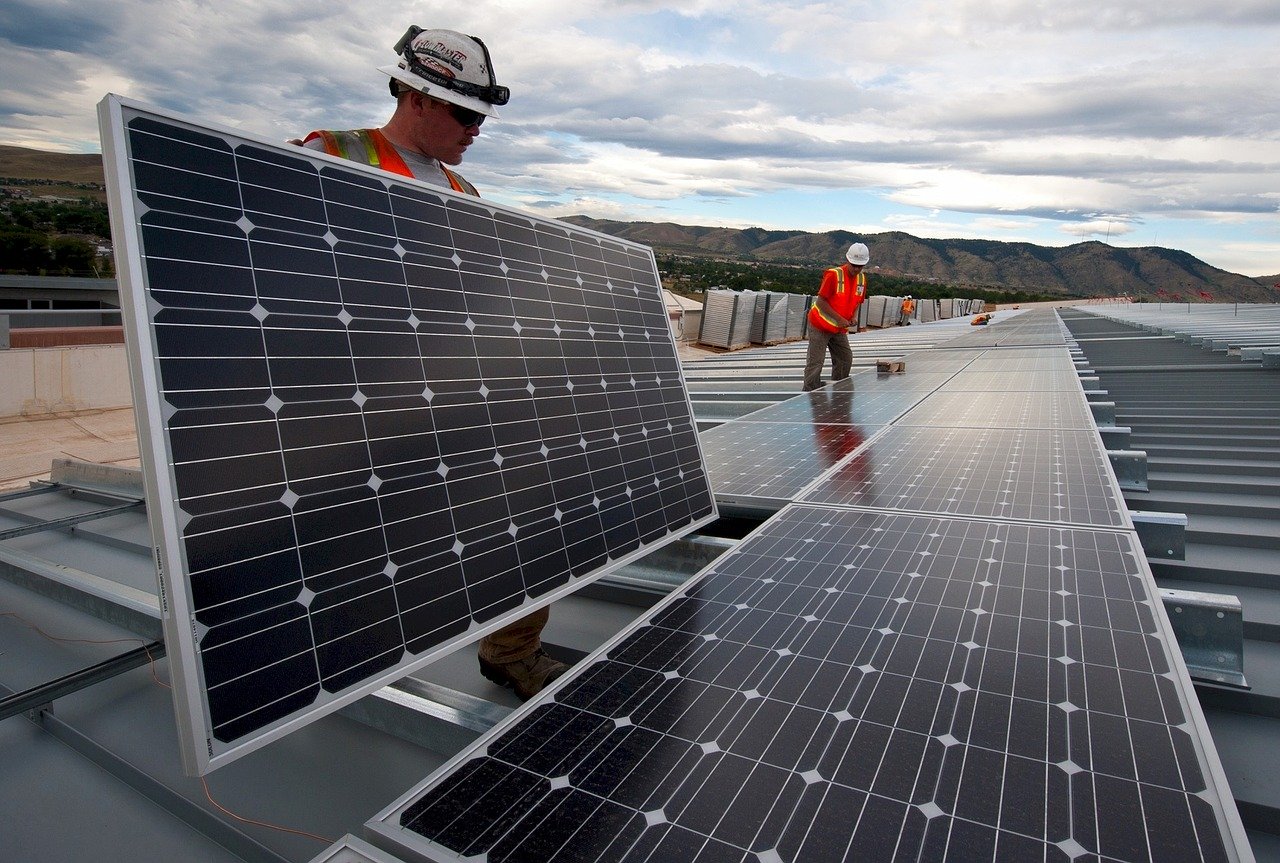118 results found
Featured results



More results
The ACGF is an innovative finance facility dedicated to accelerating green infrastructure investment in Southeast Asia with over USD1.4 billion in loans from co-financing partners, under the ASEAN Infrastructure Fund (AIF). The ACGF’s technical assistance supports governments to identify and prepare commercially viable green infrastructure projects while the ACGF loans are utilised to cover upfront capital investment costs. This two-pronged approach ‘de-risks’ green infrastructure projects, making them more attractive to private capital investors.
Cities are at the forefront of the pandemic crisis and are key players in the fight to achieve net-zero emissions targets. The recovery choices they make today will set urban agendas for years to come.
A Dedicated initiative co-curated by Small Island Developing States (SIDS) and CDRI partners to promote resilient, sustainable, and inclusive infrastructure development in SIDS


The Joint Report on Multilateral Development Banks Climate Finance is an annual report that makes public the MDB climate finance figures, with explanation of the methodologies for tracking this finance.


The New Climate Economy explores how countries at all levels of income can have better economic growth and a better climate.

A solar leasing project at Singapore's Jurong Port significantly reduced carbon emissions and generated cost savings.
Uganda is targeting a 22% emissions reduction from a business-as-usual scenario by 2030.
Uganda is targeting a 22% emissions reduction from a business-as-usual scenario by 2030. A run-of-river hydropower station project lowered energy costs and reduced greenhouse gas emissions.
With a USD3.7 trillion global infrastructure investment need that continues to widen, and government debt levels substantially higher than they were after the global financial crisis, recent infrastructure bond issuances offer valuable lessons.
As countries announce major infrastructure packages to stimulate their post-pandemic recovery, the sector faces two substantial and related challenges: climate change and a funding shortfall, writes Marie Lam-Frendo, Chief Executive Officer of the Global Infrastructure Hub.



The interactive workshop was a lively and comprehensive overview of how the circular economy can be a framework for economic growth solutions and highlighted the roles that governments around the world can play to enable circularity in infrastructure.
UAE Ministry of Energy and Infrastructure in collaboration with the University of Sharjah, intended to develop new asphalt binder specifications for the UAE to help mitigate the environmental impacts of climate change by building a climate model and running different Intergovernmental Panel on Climate Change (IPCC) scenarios.
The Housing & Development Board (HDB) is Singapore's public housing authority.
Fukuoka City is one of the most prominent cities in Japan today
An urban-rural partnership, the City of Guelph and Wellington County are known for being an agriculture hub as well a centre for social innovation.
Find out how water scarcity is shifting infrastructure development.
Read the best of LTIIA's members collective insights and good practices in infrastructure investment.
Is ESG investment just a passing fad? What is the future of China’s Belt and Road Initiative? And does the Covid-19 pandemic mean we must reassess climate change targets? Our CEO Marie Lam-Frendo answers questions on the future of infrastructure.
In just a few years, ESG, also known as sustainable or responsible investing, has moved from a slightly idealistic nicheto front-page, a mainstream dimension for investors, one that strongly influences the performance and resilience of their investment over time. This is particularly the case in infrastructure, in view of its wide reaching and long-term consequences for the community.








 Funding and Financing solutions for Infrastructure
Funding and Financing solutions for Infrastructure






